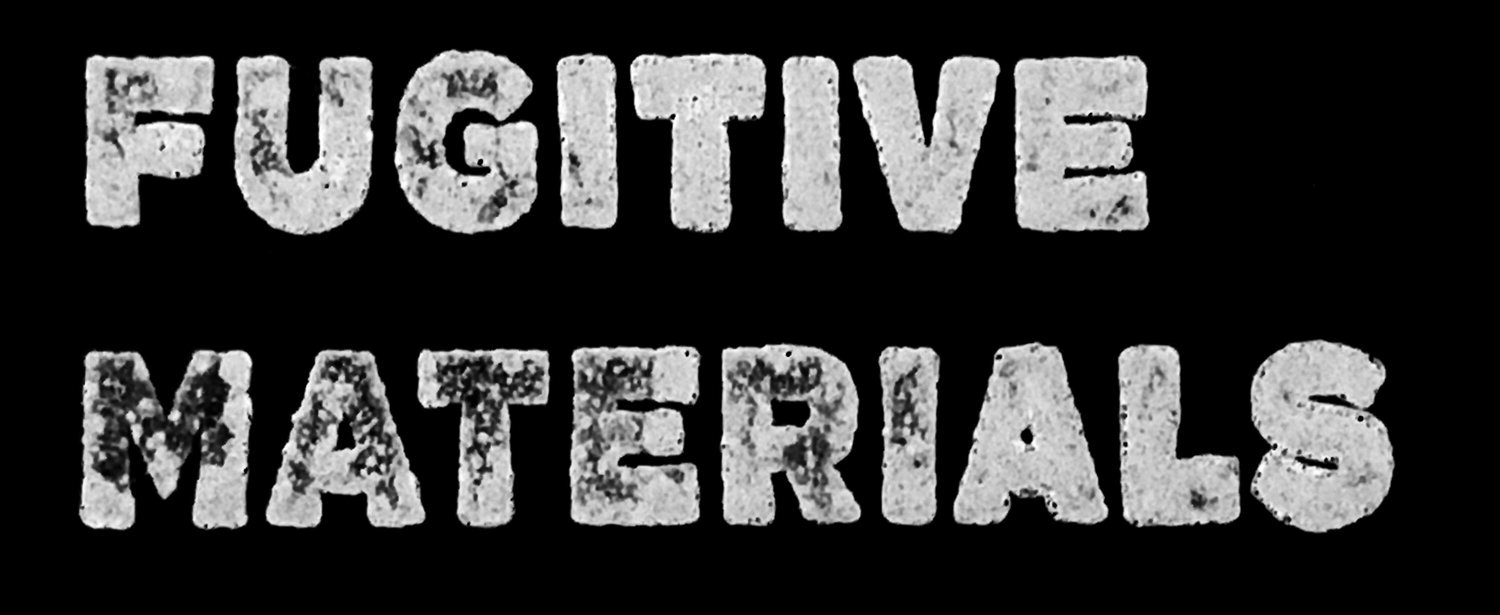We Charge Genocide: The Crime of Government Against the Negro People
New York: Civil Rights Congress, 1951. 6 ¼ x 9 ¼ in. First edition. Offset. Perfect bound in pictorial wraps. xiii, 240 pp.
The first edition published November 1951 of this groundbreaking petition delivered to the United Nations on December 17, 1951 and subsequently suppressed by the United States government. The petition was signed by nearly 100 activists and intellectuals, including W.E.B DuBois, civil rights attorney and later Congressmember George Crockett Jr., and Communist New York City Councilmember Ben Davis.
The authors carefully lay out the evidence that the United States government had perpetrated genocide on its Black citizens, citing the definition in the 1948 United Nations Convention on Genocide: “the intent to destroy in whole or in part a national, ethnical, racial or religious group.” The book documents hundreds of cases of lynchings and “legal lynchings” by state police forces; voter suppression through poll taxes, literacy tests, and terrorism; and the violent exploitation of Black people by the leaders of capital.
We Charge Genocide was delivered to the UN on the same day in two separate delegations, one led by musician, actor, and activist Paul Robseon in New York, and the other in Paris, led by William L. Patterson, executive director of the Civil Rights Congress. Paul Robeson was accompanied by several signers of the petition including Amy Mallard, the widow of George Mallard who was lynched in 1948 for voting, and Josephine Gray, widow of one of the Martinsville Seven - a group of young Black men who received the death penalty for charges of sexual assault. W.E.B. DuBois had been scheduled to accompany William Patterson to Paris, but his travel had been denied by the State Department.
A large shipment of copies of the petition went missing in transit to Paris, supposedly seized by the United States government. Patterson was also forced to forfeit his passport and return to the United States in direct retaliation for the petition. Robeson’s passport had already been denied because of his unwillingness to recant his activism during the McCarthy-led Red Scare. The United Nations General Assembly refused to take up the petition, following behind-the-scenes pressure from the United States on member nations. The state’s persecution of the petition’s most vocal proponents, along with the silence of the mainstream media, gave credence to accusations of censorship. However, contemporary reports indicate that the petition was widely read outside of the United States. It is worth noting that the United States would not ratify the UN genocide convention until 1987.
An article published in The Afro-American December 22, 1951 notes the “New Acts of Genocide” section that appears in the second edition but not in this earlier copy. This article was published only five days after the petition was delivered to the UN. The first edition is dated in later copies as being published November 1951 - all of this suggesting that this copy may be earlier than the ones Robeson and Patterson delivered.
Some edge wear to wraps, chipping at top and bottom of spine and rear fore edge, not obstructing image or text; otherwise, very good with a tight binding and clean interior. A rare document of organized Black struggle against legal and extra-legal violence, oppression, and systemic exploitation.



